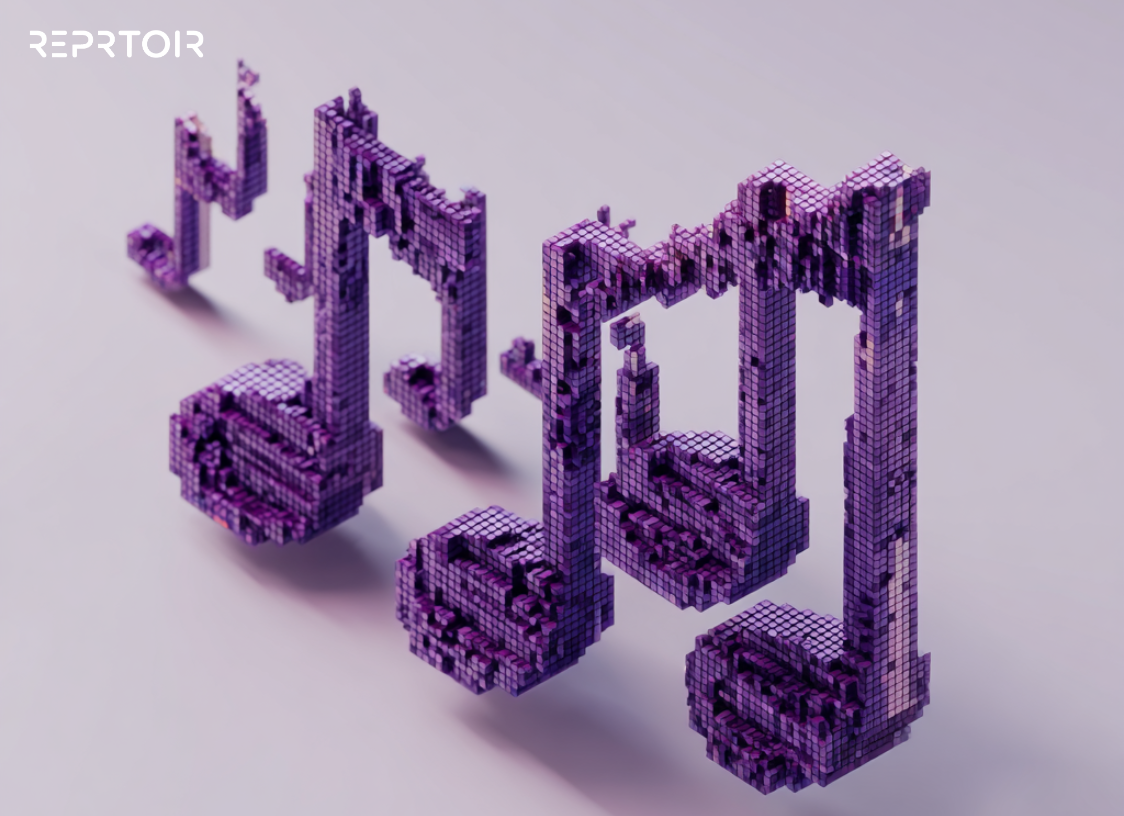Here we go for another round of news in the music industry! We have been seeing a lot of new potential using tools, AI-powered or not, this week, so let’s dive in!
#1. Spotify raises its prices in the US
After France, Spotify's Premium subscription prices are rising in the US. In a statement published on Monday, June 3, 2024, the platform explains that it is updating its prices so that it can “continue to invest and innovate in the features of its products”. For new users, the price of Spotify's individual Premium level subscription is increasing by one dollar a month, Premium Duo and Premium Family subscriptions are increasing by two dollars a month, while Spotify Premium Student remains at the same price.
The platform, which is seeking more funds, is now on its second price increase recorded on the market in the past year. These latest increases are welcomed by record labels, as well as investors, as part of Spotify's ongoing profitability efforts. However, taxes are starting to spread as is the case in Canada, raising a lot of concerns from the platforms’ side.
#2. Two opposing trends in the music industry
Going further into the music industry’s shifts, here’s the latest spoonful of ideas coming to you from MIDiA Research; the music industry is divided into two opposing trends. On the one hand, there's low-cost mass production of music, supported by the $500 million valuation of the Suno generative AI platform. This trend contributes to the cultural dilution of music, making it difficult for artists to stand out among the abundance of similar tracks promoted by algorithms. On the other hand, there is growing pressure to revalue music by prioritizing quality and connection with fans. This means countering the commodification of music and redefining the success of artists in terms of their ability to create meaningful cultural moments.
The cultural value of music lies in its ability to create shared moments. However, noise laws, the closure of local concert halls, the rising cost of city living, and the Covid-19 pandemic have weakened these cultural foundations. Digital spaces, notably TikTok, have taken up the slack, but with mixed effects. While these platforms can create viral trends, they tend to standardize cultural moments and privilege quantity over quality.
Young people yearn for real experiences, which suggests that the industry should seek to recreate unique musical moments outside the digital realm. To move forward, the music industry needs to redefine success by valuing fan engagement and cultural moments. This means leaving the comfort zone of streaming data and social networks to invest in authentic, impactful cultural initiatives.
#3. Will gaming soundtracks come out physical as well?
A new trend is exploding in the music market! Demand for video game soundtracks available in physical format is growing among 18-49-year-olds who collect music from their favorite games.
GamesIndustry.biz recently featured, Laced Records, one of the companies helping video game developers bring their soundtracks to life in physical form. The CEO explains that demand for physical versions of soundtracks can vary between popular and independent games. However, it's important not to overlook independent games, as they can sell more or even as much as a popular game, thanks to the buying power of the various fan bases.
By the way, Twitch plays an important role in this industry. The platform popularizes games and engages fans who are passionate about a universe and a soundtrack, which encourages sales of physical media.
The aim of Lanced Records is to support developers and show them how to structure digital releases on a global scale, ensuring that composers are credited where possible and that royalties are properly paid. In particular, he helps game developers capitalize on digital soundtrack downloads by monetizing these downloaded videos instead of destroying them. The CEO claims that game developers are “leaving a lot of money on the table” by not registering their music copyrights either.
#4. AI-powered promotion tools
Downtown Artist & Label Services, partners with SymphonyOS, an AI-based marketing platform, to help artists promote their music without compromising their creativity. SymphonyOS offers user-friendly, AI-based tools to optimize artists' promotional efforts.
Mehro's Marketing Manager, emphasizes the user-friendliness of SymphonyOS, even for those unfamiliar with ad serving. The platform's algorithm enables efficient management of marketing campaigns, making music promotion accessible to all.
This collaboration gives artists access to the platform at a reduced cost. It offers a suite of tools including AI-based campaigns, consolidated analytics, and unique features such as “Forever Saves”, and these tools enable informed decisions to develop an authentic, targeted fan base for success in today's digital environment.
#5. 864K daily new songs… Without an audience?
Users of Udio's AI text-to-music tool are generating an astounding 864,000 new songs each day. After the news of Udio's recent $10 million investment, supported by notable figures such as Will.i.am and Instagram co-founder Mike Krieger, it’s quite an announcement.
Udio's technology allows users to create music from text prompts, promising to democratize music creation much like Instagram did for photography. However, the influx of AI-generated tracks raises questions about copyright, originality, and the future of music royalties, as the industry grapples with the potential impact on traditional musicians and the broader music landscape.










